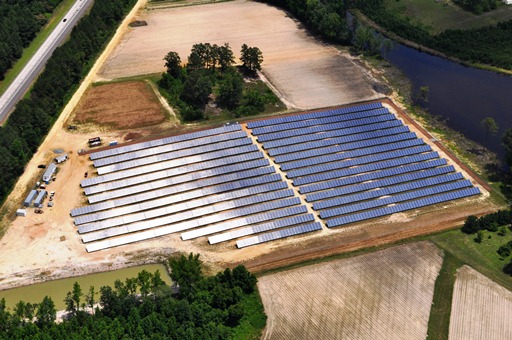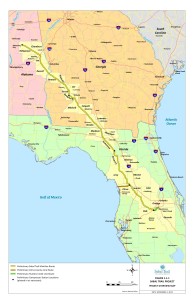And the same is true in Georgia, despite Georgia Power and Southern Company.
John Downey wrote for Charlotte Business Journal 23 October 2013, Study: Solar benefits outweigh costs in NC
An independent study published by a nationally known energy consultant asserts that adding 500 megawatts of solar generation in North Carolina would save utility ratepayers about $26 million annually.
It notes the gains from solar projects — such as lower transmission and distribution costs, avoided emissions, lower losses of electricity in transmission. The study calculates that such benefits outweigh the costs by 30 percent to 40 percent.
Update 2017-04-25: Energy NC seems to have removed or moved its copy of that report, but fortunately SEIA lists it on a backup website, and I’ve linked it into the quotation above, plus a copy on the LAKE website. SEIA also lists many other studies for other states, such as one for Virginia which is on the MDV-SEIA website, and now also has a copy on the LAKE website. For Georgia SEIA lists the testimony of GSEIA before the Georgia Public Service Commission in 2013. For Florida SEIA lists only a very old (2003) study with a broken link, which can be found as a google book, but now would mostly be worthwhile as a museum piece. Duke’s own actions in Florida in 2016 and 2017 indicate Duke Energy knows the sun is rising even on the Sunshine State.
The study considered two intertwined solar methods: Continue reading












